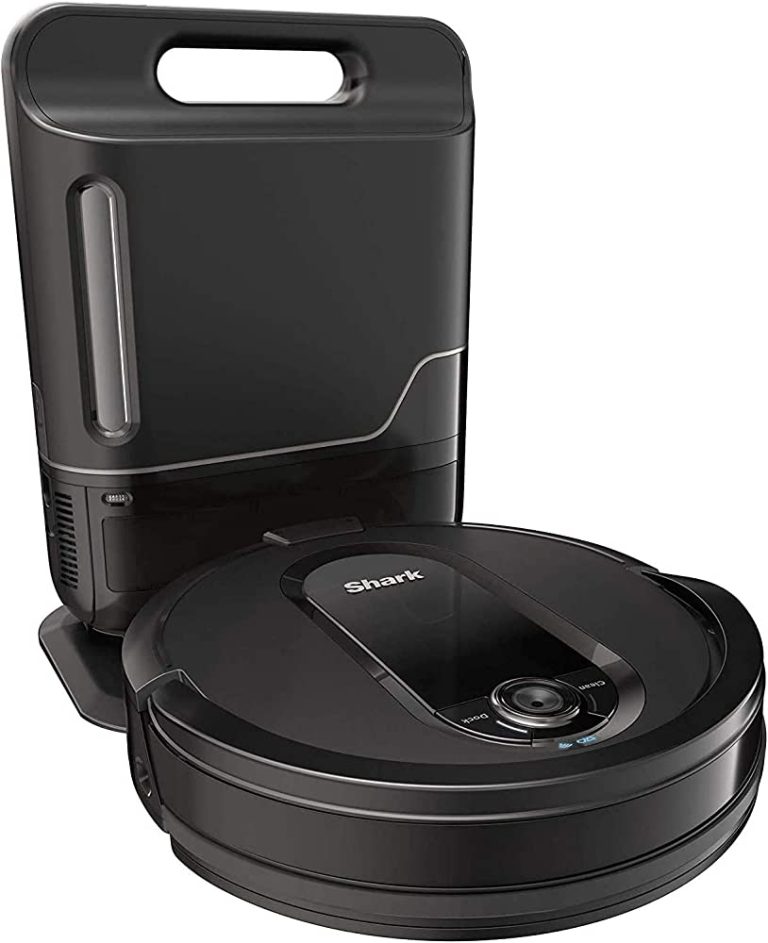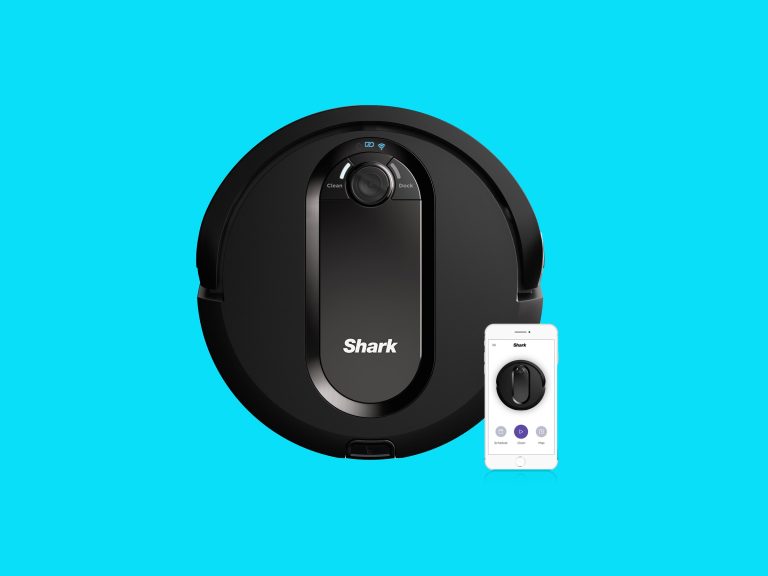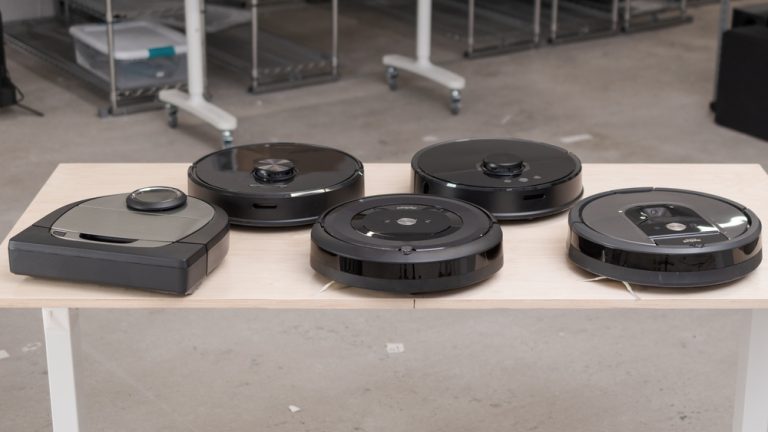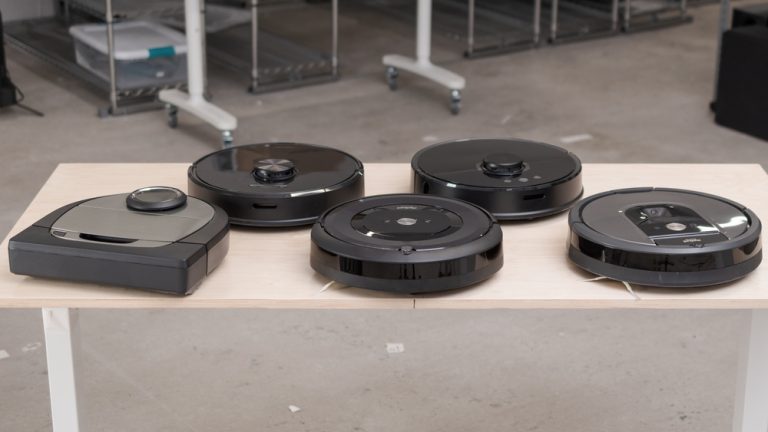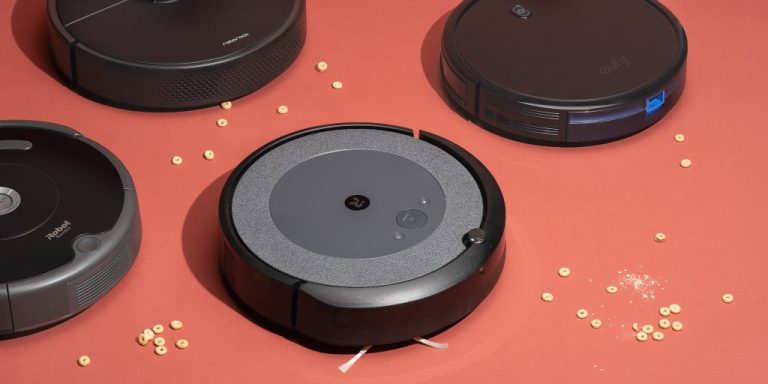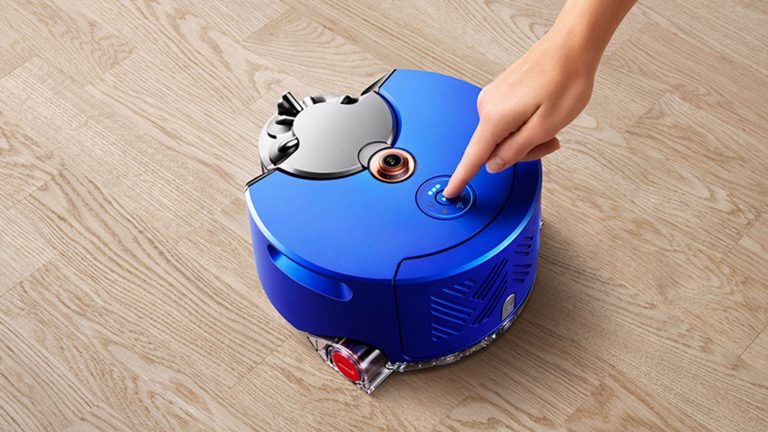Does Robot Vacuum Work on Tile Floors?
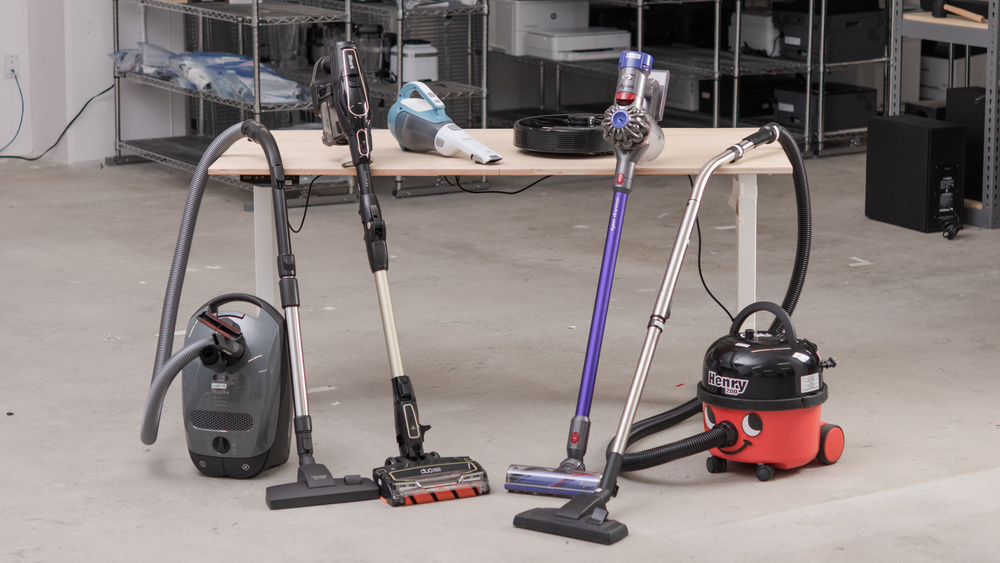
A robot vacuum can work on tile floors, but it may not be as effective as other types of vacuums. The reason for this is that tile floors can be very slippery, and the vacuum may not have enough suction to keep it from sliding around. Additionally, dirt and dust can build up in the cracks between tiles, making it difficult for the vacuum to reach them.
If you have tile floors, you may be wondering if a robot vacuum will work on them. The answer is yes! Robot vacuums are designed to clean all kinds of floors, including tile.
Tile can be a challenge for regular vacuums because the smooth surface can cause the vacuum to slip and miss spots. But robot vacuums are equipped with special sensors that help them navigate smoothly over all kinds of surfaces, including tile. They also have powerful suction that can pick up dirt, dust, and pet hair from tile floors.
If you’re looking for a vacuum that can handle your tile floors, a robot vacuum is a great option.
4 Best Robot Vacuums For Tile Floors in 2024
Best Robot Vacuum for Uneven Floors
When it comes to choosing the best robot vacuum for uneven floors, there are a few things you need to take into consideration. The first is the type of vacuum you need. There are two main types of robot vacuums: those with wheels and those without.
The type you choose will depend on the type of flooring you have. If you have hardwood or tile floors, a wheeled vacuum will probably be your best bet. However, if you have carpets or rugs, a non-wheeled vacuum might be better suited for your needs.
The next thing to consider is the suction power of the vacuum. This is important because you want to make sure the vacuum can actually pick up all the dirt and debris from your floors. The suction power will also determine how long it takes for the vacuum to clean your floors.
If you have a lot of dirt and debris, you might want to opt for a higher suction power so that the job gets done faster.
Finally, you’ll want to think about battery life when choosing a robot vacuum for uneven floors. This is important because you don’t want your new purchase running out of juice in the middle of cleaning your home.
Make sure to choose a model with enough battery life to get the job done so that you don’t have any interruptions in your cleaning schedule.
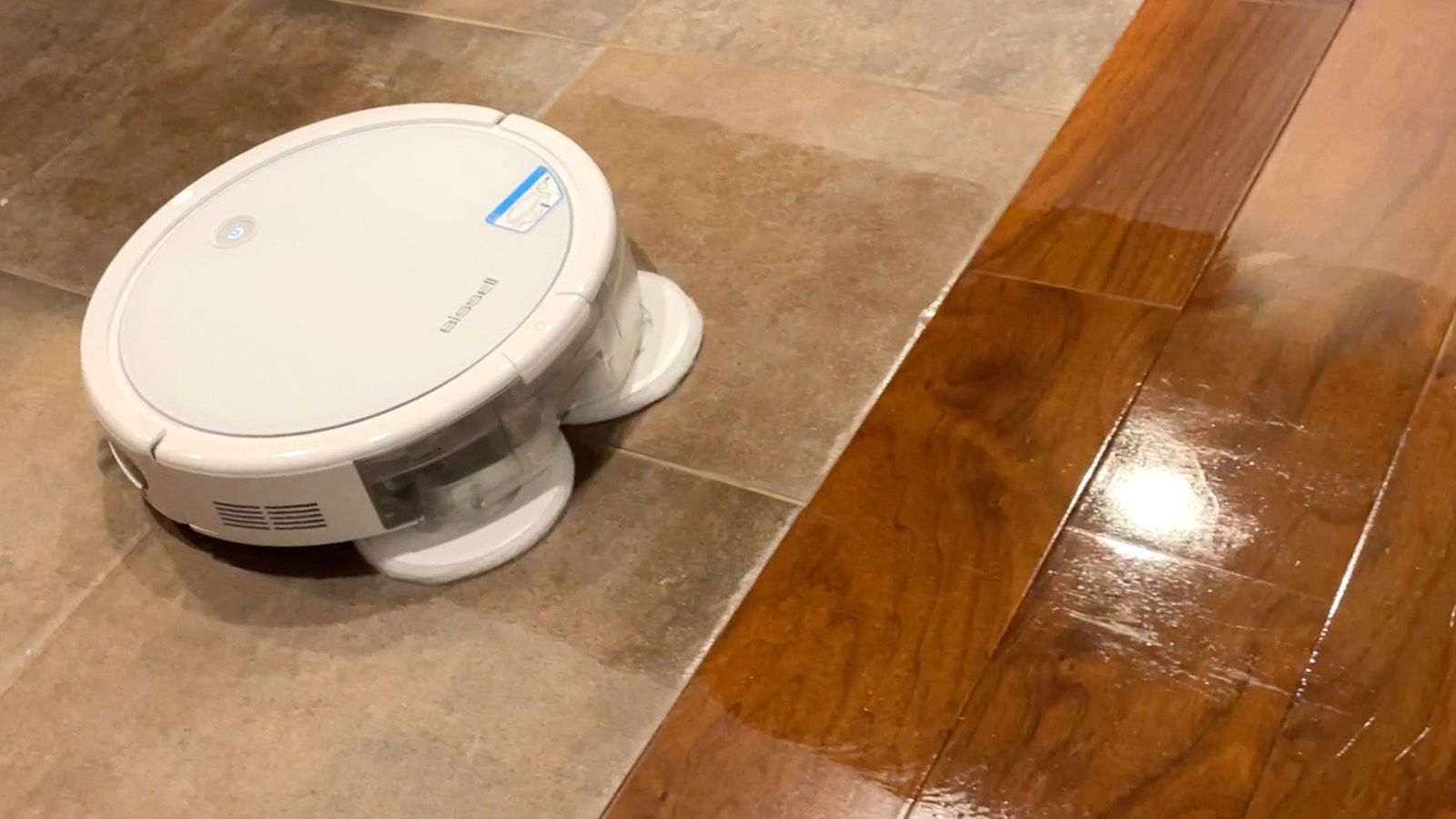
Credit: www.cnn.com
Does Vacuuming on Tile Work?
Vacuuming on tile can be an effective way to clean your floors, but there are a few things you need to keep in mind. First, make sure that your vacuum cleaner has good suction. If it doesn’t, the dirt and debris will just get pushed around and won’t be picked up.
Second, use a gentle setting when vacuuming on tile. You don’t want to scratch or damage the surface of your tiles. Finally, empty the vacuum bag frequently.
Otherwise, the dirt and debris will just build up and you’ll have to start all over again.
Does Roomba Scratch Tiles?
If you’re wondering whether Roomba will scratch your tile floors, the answer is maybe. While Roomba’s spinning brushes are designed to be gentle on floor surfaces, they can sometimes cause scratches, especially if there is dirt or debris caught in them. To avoid this, it’s important to keep the brushes clean and free of any foreign objects.
Conclusion
Robot vacuums are an effective and efficient way to clean tile floors. They can navigate the tile floor surface easily, accessing tight spaces and cleaning all debris with minimal effort. Robot vacuums are a great addition to any household and help keep tile floors looking clean and shiny for years to come.
